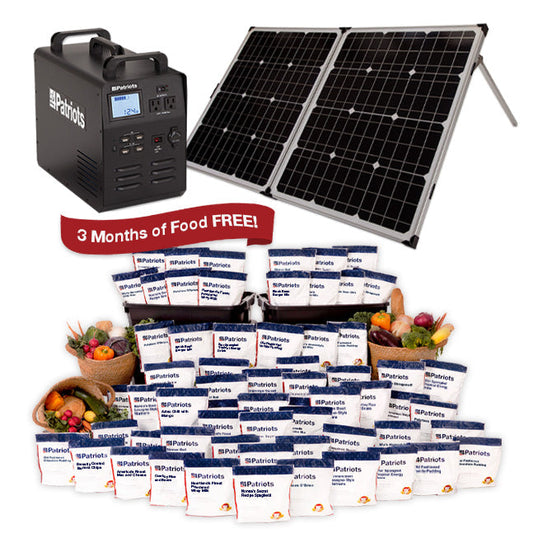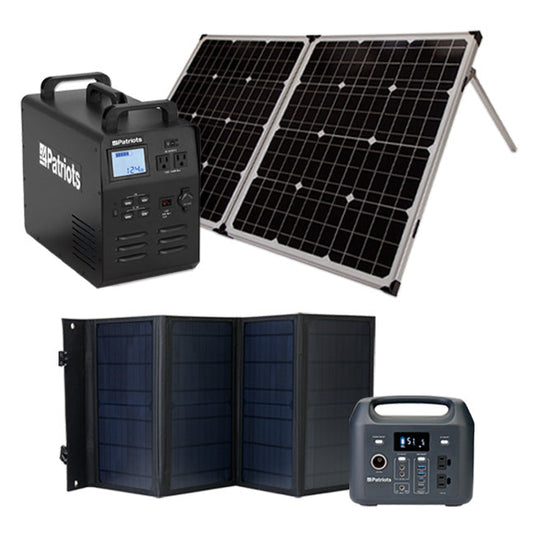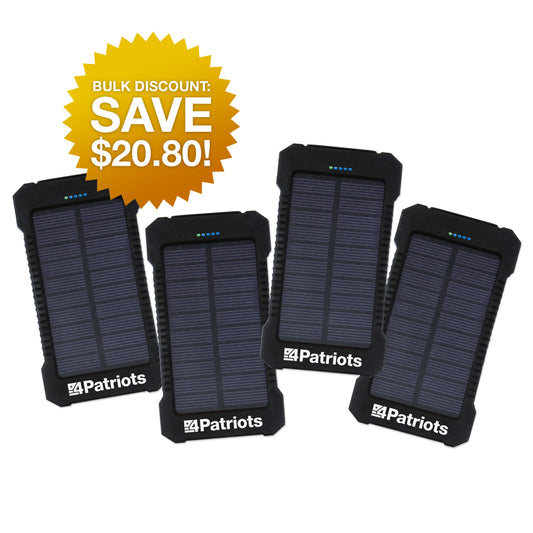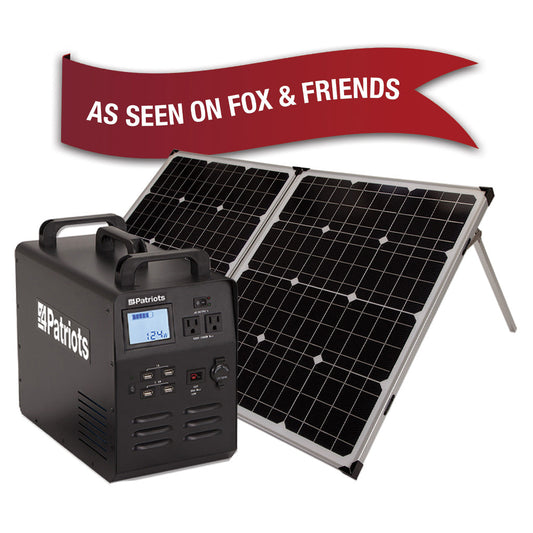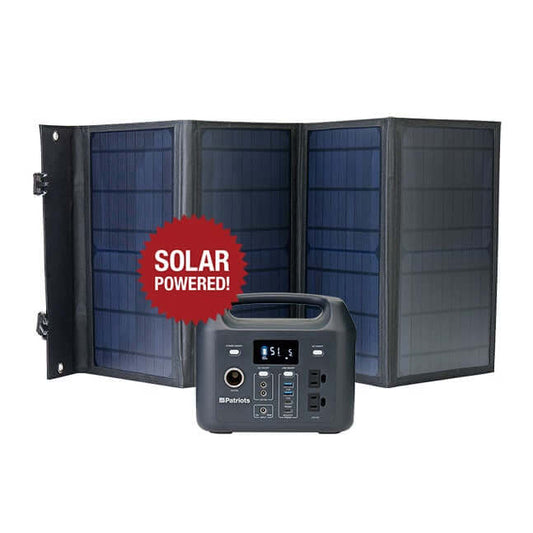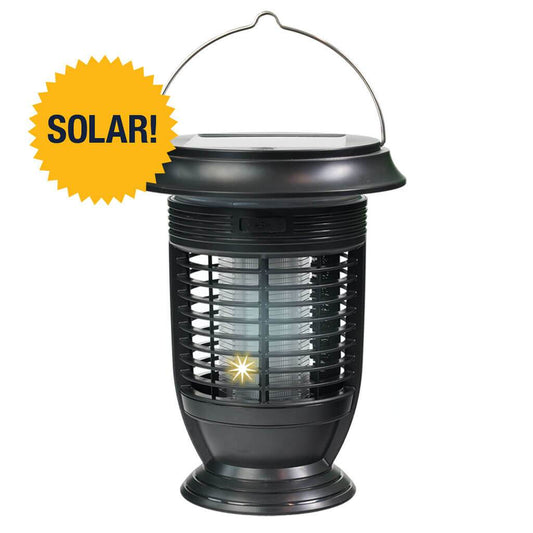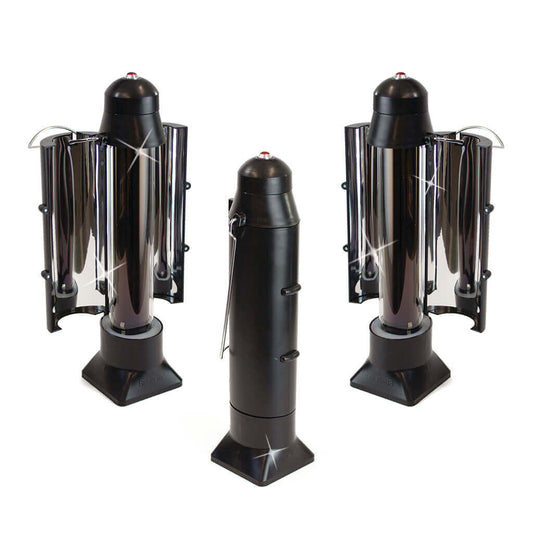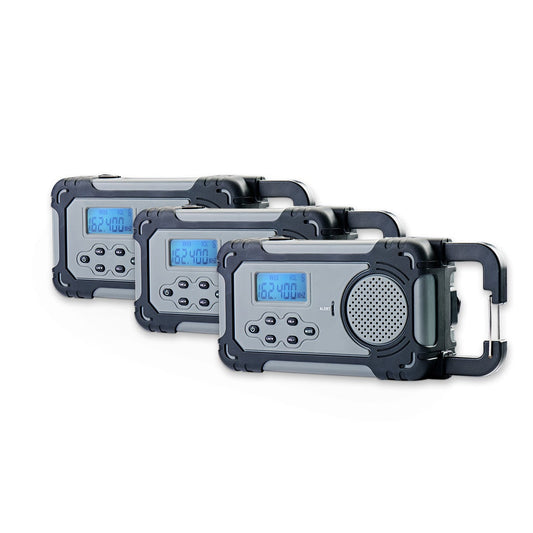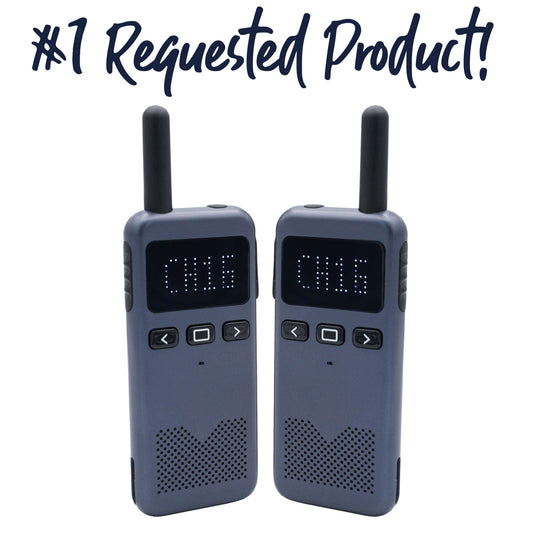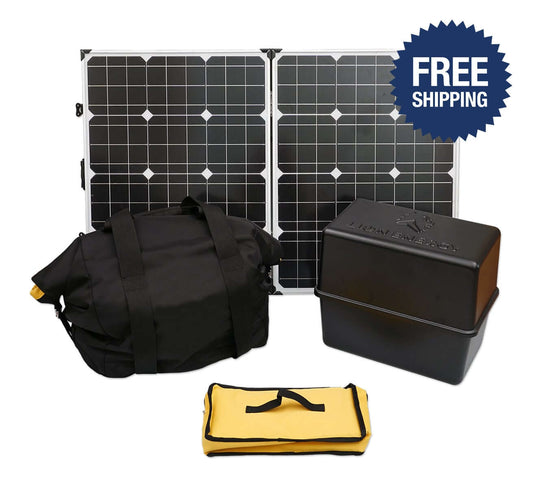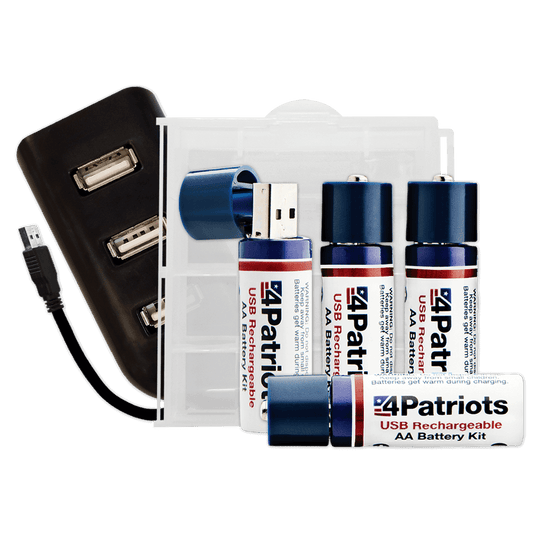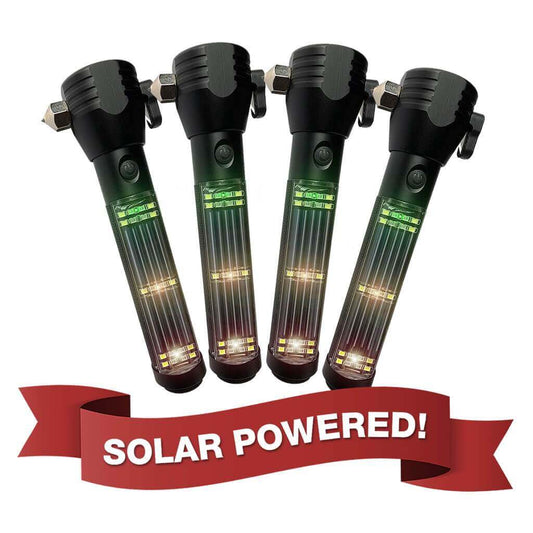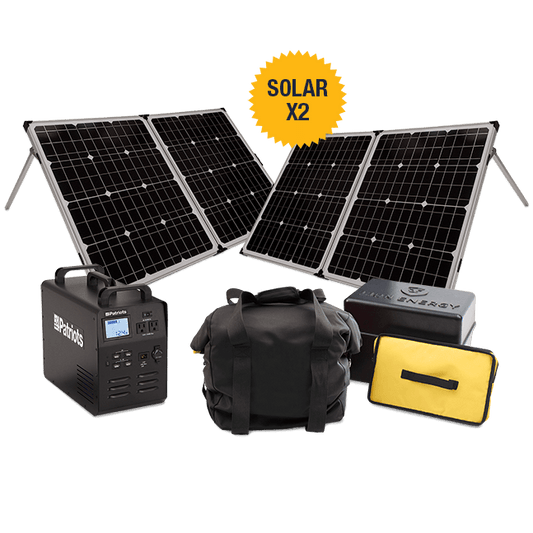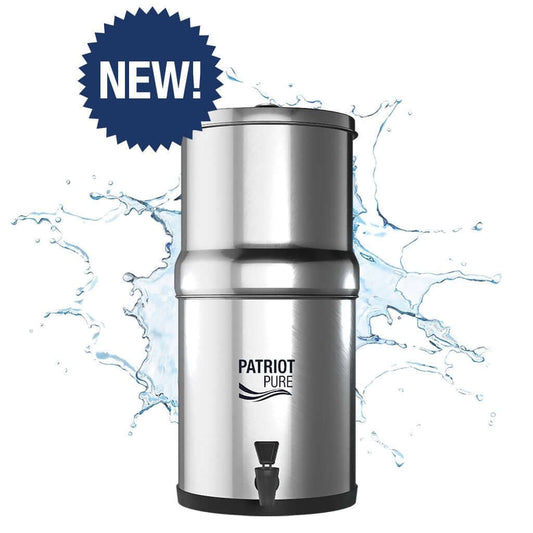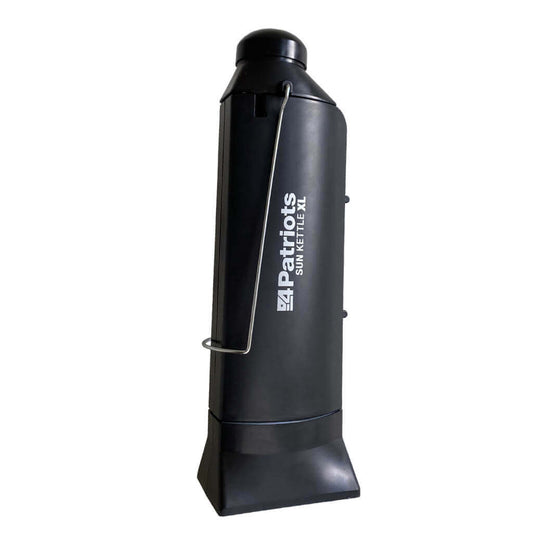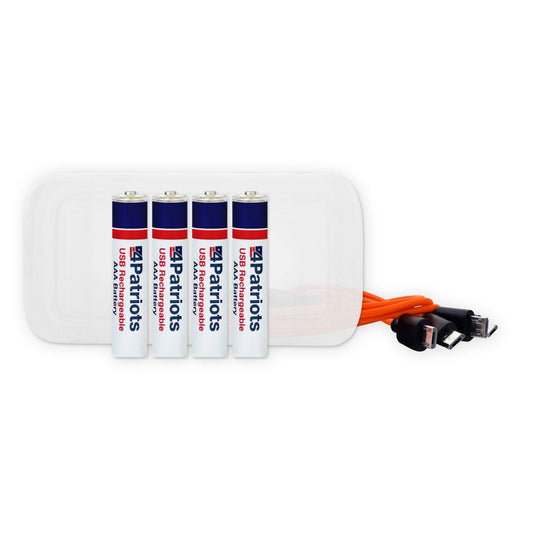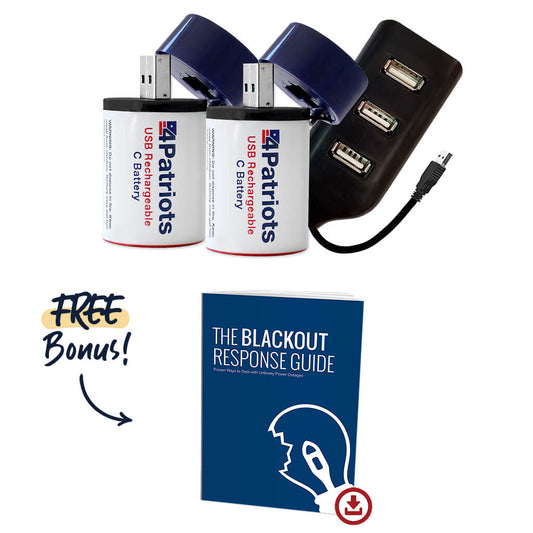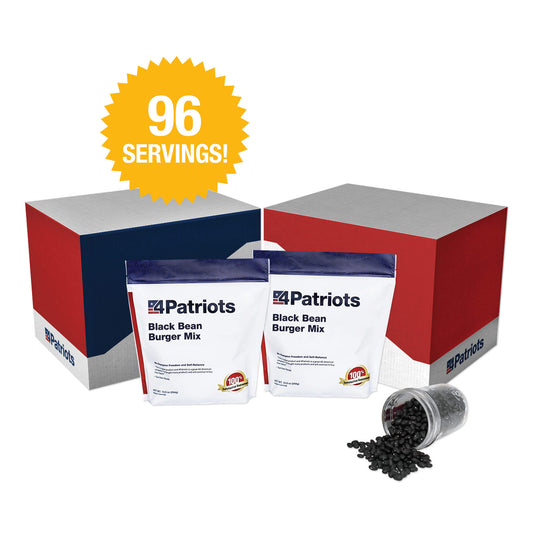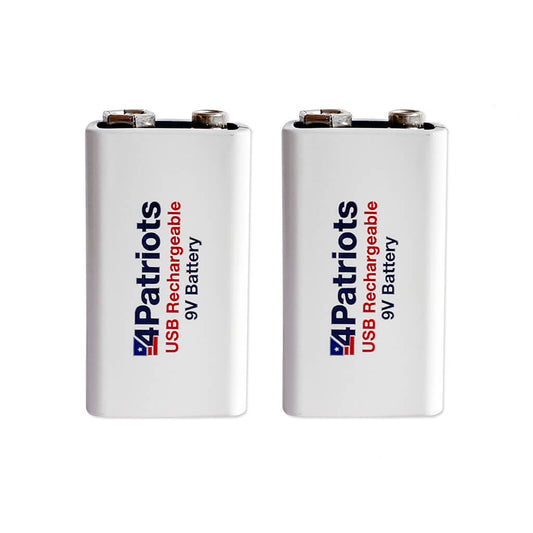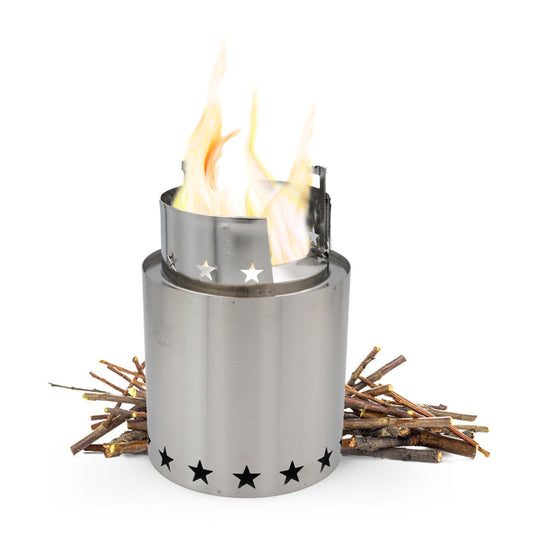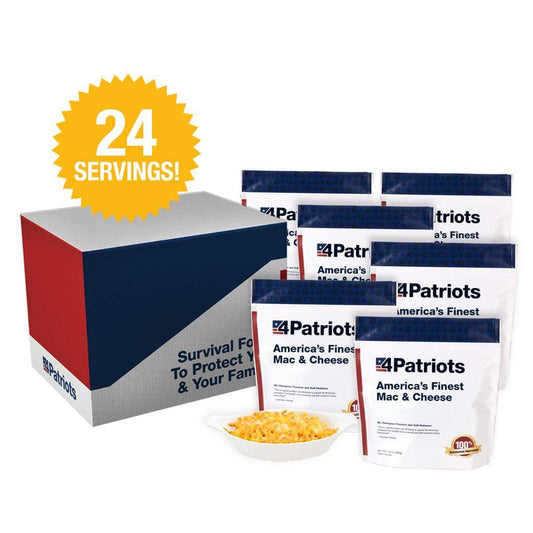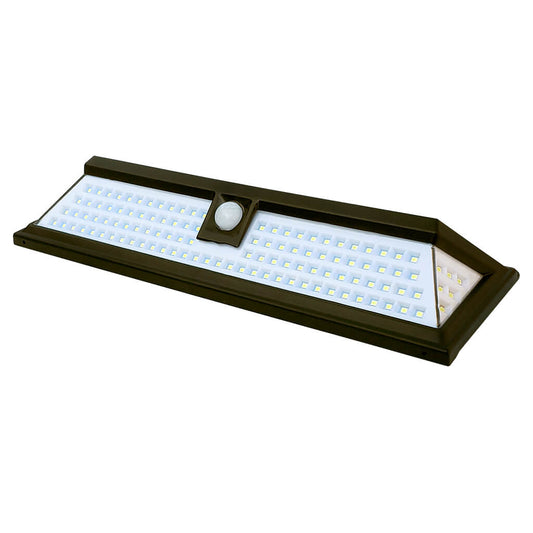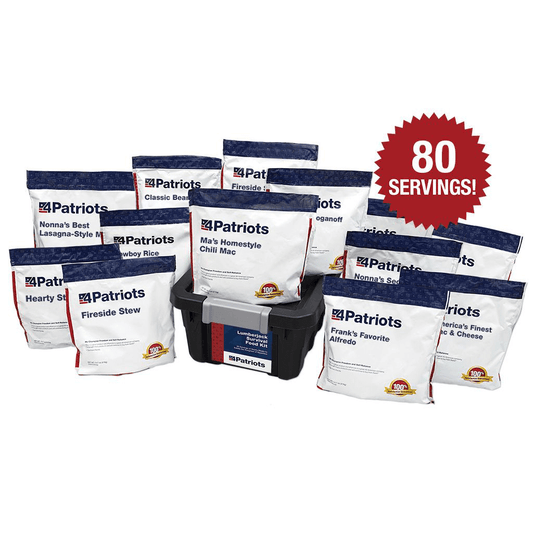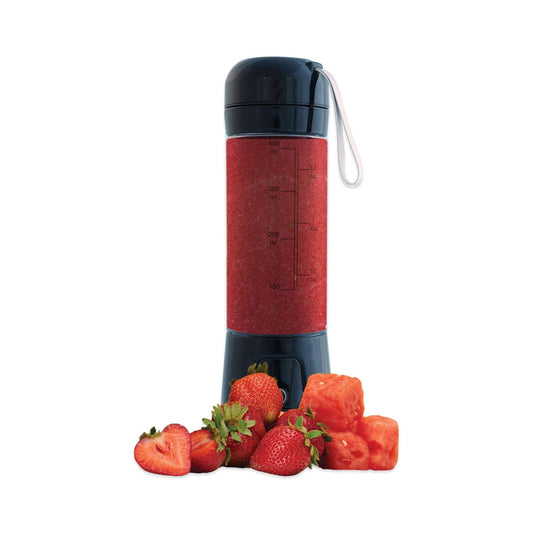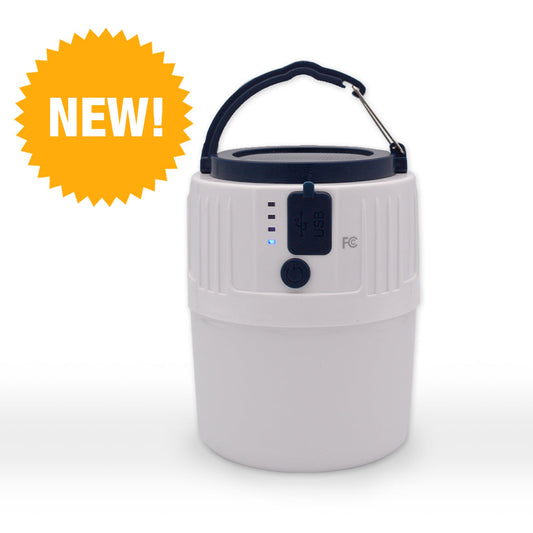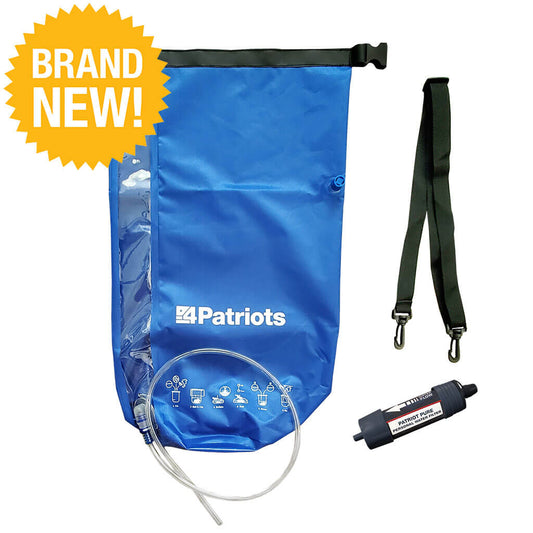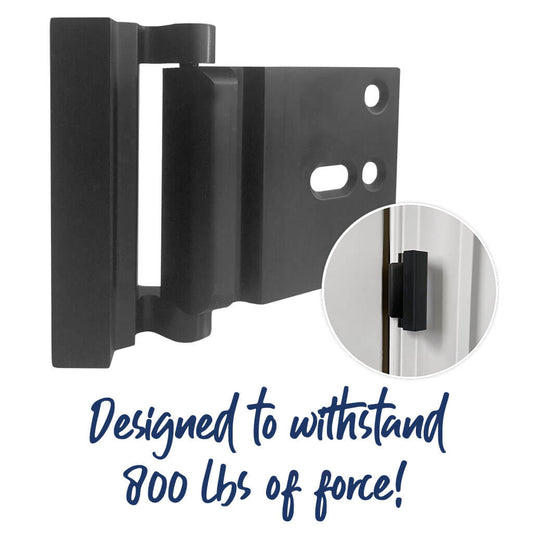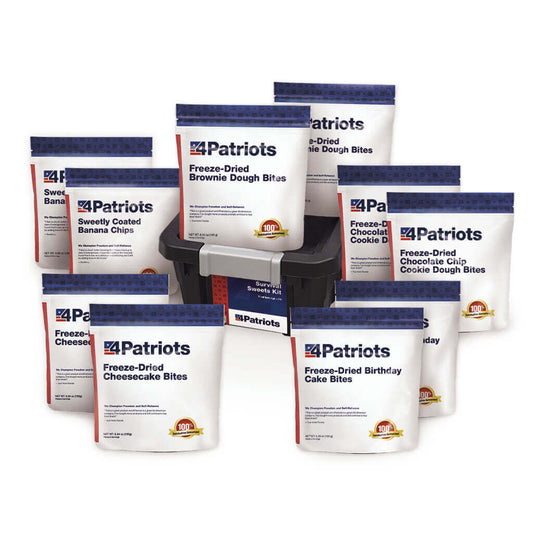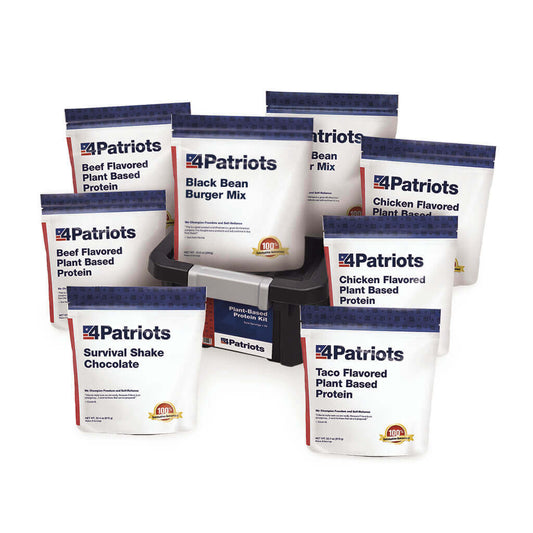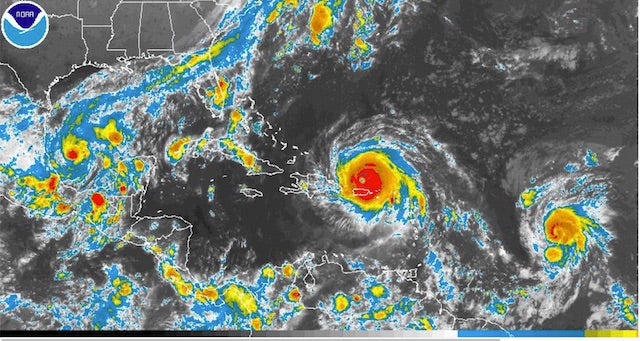
Do This If You Live Near a Hurricane Zone

Hurricanes begin as tropical storms over the warm moist waters of the Atlantic and Pacific Oceans near the equator. (Hurricanes are often called typhoons near the Philippines and the China Sea.)
As the moisture evaporates it rises until enormous amounts of heated moist air are twisted high in the atmosphere. The winds begin to circle counterclockwise north of the equator or clockwise south of the equator.
The relatively peaceful center of the hurricane is called the eye. Around this center winds move at speeds between 74 and 200 miles per hour. As long as the hurricane remains over waters of 79F or warmer, it continues to pull moisture from the surface and grow in size and force.
When a hurricane crosses land or cooler waters, it loses its source of power, and its wind gradually slow until they are no longer of hurricane force – less than 74 miles per hour. Hurricanes range from categories 1-5. Cat. 1 starts at 74 mph whereas Cat 5 in excess of 156 mph.
Preparation, Preparation, Preparation
I can think of no greater example of preparation and prior planning increasing the odds of survival than for someone who lives in a hurricane zone.
Home:
- Hurricane shutters or pre-cut ¼” plywood to cover windows
- Roof straps, Jams on doors
- Remove objects outside that can blow away (chairs, tables)
- Keep nearby trees trimmed
- Know how to turn off electricity and gas
Equipment for 3-5 days:
- Medication & First Aid
- Nonperishable food & water – 1 gallon per person/day
- Battery powered radio + extra batts
- Sleeping bag
- Emergency Contacts – printed and in a zip lock bag or laminated
- Water purification supplies (water filters, chlorine, bleach) – assume that most of the water in the area will be contaminated from the storm.
- Flashlight and Chemlites
Vehicle:
- Full of gas (try to never let your gas tank go below ½ full)
- Good windshield wipers
- Check spare tire
- A map showing several evacuation routes
Pets are not allowed in Emergency shelters so make sure you have a plan for them.
Should You Evacuate?
Deciding to evacuate can be tough. FEMA gives these guidelines to help you decide when to evacuate with the rule of thumb being – sooner is always better.
- Listen to weather broadcasts and evacuate if directed by authorities to do so
- Evacuate if you live on the coast, in a floodplain, near a river, or near an inland waterway
- Evacuate if you live in a mobile home or temporary structure, a high-rise building or if you feel you are in danger
You should have several evacuation route options and have already driven them! People are going to be scared, highways will be grid locked with vehicles. The obvious route may not be the best one. Get to the highest ground you can reach away from the coast and other waterways.
Make sure you have an out-of-town emergency point of contact that anyone in your family can call in case you are separated.
Hold Your Position
If you were unable to evacuate and are going to have to stay put move to a lower floor room in the middle of the house. Ideally this room has no windows and not external walls.
You can further bunker in by using mattresses and blankets and position yourself under a heavy table.
Caught Outside
If you find yourself in a situation where you are outside you should abandon your vehicle and find shelter immediately: ditch, cave, rock outcrop.
Your greatest danger is being struck by flying debris so stay as low to the ground as possible. Crawling from cover to cover until you find suitable shelter. Once there try and find something you and cover yourself with.
Not Over Yet
If all goes quiet don’t assume the hurricane is gone. You may be in the eye of the storm and if you are it will be only a few minutes before the violent winds return blowing the opposite direction.
The parallels between a nasty hurricane and combat are unlimited. Knowing when to hold your position or retreat. When you have to stop and fight or bunker in. Knowing that if you get hit by any the objects flying everywhere your day will be over.
Having the right gear to stay alive. Preparation and rehearsal are keys to success.
Be a survivor, not a statistic,
Cade Courtley
Former Navy SEAL / 4Patriots Contributor
Featured Products
- Regular price
- From $799
- Regular price
-
- Sale price
- From $799
- Unit price
- per
- Regular price
- $249
- Regular price
-
- Sale price
- $249
- Unit price
- per
- Regular price
- $2,497
- Regular price
-
$3,194 - Sale price
- $2,497
- Unit price
- per
- Regular price
- $2,499
- Regular price
-
$2,994 - Sale price
- $2,499
- Unit price
- per
- Regular price
- From $29.95
- Regular price
-
$119.80 - Sale price
- From $29.95
- Unit price
- per
- Regular price
- $2,499
- Regular price
-
- Sale price
- $2,499
- Unit price
- per
- Regular price
- $499
- Regular price
-
- Sale price
- $499
- Unit price
- per
- Regular price
- $29
- Regular price
-
- Sale price
- $29
- Unit price
- per
- Regular price
- $2,796
- Regular price
-
- Sale price
- $2,796
- Unit price
- per
- Regular price
- $29.95
- Regular price
-
- Sale price
- $29.95
- Unit price
- per
- Regular price
- $97
- Regular price
-
- Sale price
- $97
- Unit price
- per
- Regular price
- $4,999
- Regular price
-
- Sale price
- $4,999
- Unit price
- per
- Regular price
- $49.95
- Regular price
-
- Sale price
- $49.95
- Unit price
- per
- Regular price
- From $69
- Regular price
-
- Sale price
- From $69
- Unit price
- per
- Regular price
- $201
- Regular price
-
- Sale price
- $201
- Unit price
- per
- Regular price
- From $90.97
- Regular price
-
$129.95 - Sale price
- From $90.97
- Unit price
- per
- Regular price
- $999
- Regular price
-
- Sale price
- $999
- Unit price
- per
- Regular price
- $29.95
- Regular price
-
- Sale price
- $29.95
- Unit price
- per
- Regular price
- From $29.50
- Regular price
-
$30.99 - Sale price
- From $29.50
- Unit price
- per
- Regular price
- $129
- Regular price
-
- Sale price
- $129
- Unit price
- per
- Regular price
- From $27
- Regular price
-
$399.80 - Sale price
- From $27
- Unit price
- per
- Regular price
- $3,494
- Regular price
-
- Sale price
- $3,494
- Unit price
- per
- Regular price
- From $199
- Regular price
-
$205.50 - Sale price
- From $199
- Unit price
- per
- Regular price
- $99.95
- Regular price
-
- Sale price
- $99.95
- Unit price
- per
- Regular price
- $29.95
- Regular price
-
- Sale price
- $29.95
- Unit price
- per
- Regular price
- $8.99
- Regular price
-
$29.95 - Sale price
- $8.99
- Unit price
- per
- Regular price
- $99.95
- Regular price
-
- Sale price
- $99.95
- Unit price
- per
- Regular price
- $29.95
- Regular price
-
- Sale price
- $29.95
- Unit price
- per
- Regular price
- $59.95
- Regular price
-
- Sale price
- $59.95
- Unit price
- per
- Regular price
- $11.98
- Regular price
-
$29.95 - Sale price
- $11.98
- Unit price
- per
- Regular price
- $44.95
- Regular price
-
$44.95 - Sale price
- $44.95
- Unit price
- per
- Regular price
- $24.95
- Regular price
-
$49.95 - Sale price
- $24.95
- Unit price
- per
- Regular price
- $114.95
- Regular price
-
- Sale price
- $114.95
- Unit price
- per
- Regular price
- $189
- Regular price
-
- Sale price
- $189
- Unit price
- per
- Regular price
- $499
- Regular price
-
- Sale price
- $499
- Unit price
- per
- Regular price
- $59.95
- Regular price
-
- Sale price
- $59.95
- Unit price
- per
- Regular price
- $39.95
- Regular price
-
- Sale price
- $39.95
- Unit price
- per
- Regular price
- $59.95
- Regular price
-
- Sale price
- $59.95
- Unit price
- per
- Regular price
- $19.95
- Regular price
-
- Sale price
- $19.95
- Unit price
- per
- Regular price
- $99.95
- Regular price
-
- Sale price
- $99.95
- Unit price
- per
- Regular price
- $69
- Regular price
-
- Sale price
- $69
- Unit price
- per
- Regular price
- $14.27
- Regular price
-
$21.95 - Sale price
- $14.27
- Unit price
- per
- Regular price
- $149.95
- Regular price
-
- Sale price
- $149.95
- Unit price
- per
- Regular price
- $79.95
- Regular price
-
- Sale price
- $79.95
- Unit price
- per
- Regular price
- $39.95
- Regular price
-
- Sale price
- $39.95
- Unit price
- per
- Regular price
- $114.95
- Regular price
-
- Sale price
- $114.95
- Unit price
- per
- Regular price
- $39.95
- Regular price
-
- Sale price
- $39.95
- Unit price
- per
- Regular price
- $99.95
- Regular price
-
- Sale price
- $99.95
- Unit price
- per
- Regular price
- $24.95
- Regular price
-
- Sale price
- $24.95
- Unit price
- per
- Regular price
- $24.95
- Regular price
-
- Sale price
- $24.95
- Unit price
- per





